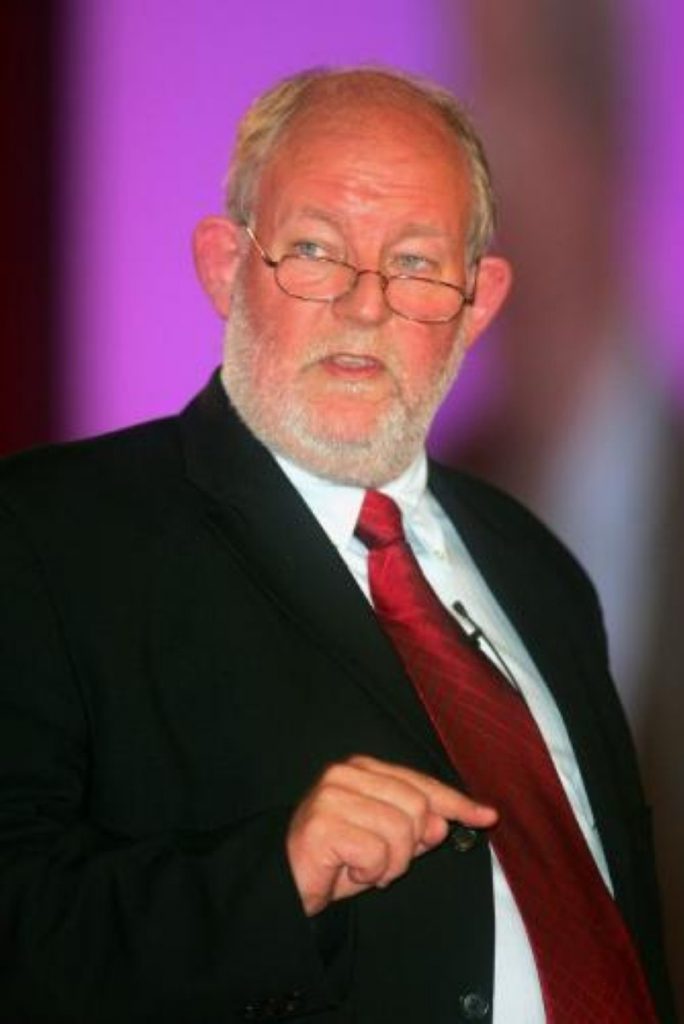Clarke announces ten deportations
Home secretary Charles Clarke has today announced the detention of ten foreign nationals he believes “pose a threat to national security”.
Under the Immigration Act 1971, he has the power to deport individuals whose presence in the UK “is not conducive to the public good for reasons of national security”.
Previous attempts to deport radical preachers or those inciting hatred or terrorism were stalled by the Human Rights Act, which does not allow Britain to deport people to countries where they may be tortured.
However, today Mr Clarke implied he had received assurances from the countries where the ten as yet unnamed foreign nationals will be sent to, that they will be treated well.


The government yesterday completed an agreement with Jordan that anyone sent back there would not be tortured, and is in currently discussions with other countries.
“In accordance with my powers to deport individuals whose presence in the UK is not conducive to the public good for reasons of national security, the immigration service has today detained ten foreign nationals who I believe pose a threat to national security,” Mr Clarke said.
He added: “Following months of diplomatic work we now have good reason to believe that we can get the necessary assurances from the countries to which we will return the deportees so that they will not be subject to torture or ill-treatment.
“The Immigration Act 1971 gives me powers to deport individuals, and to detain them pending deportation. The circumstances of our national security have changed, it is vital that we act against those who threaten it.”
Last week Tony Blair suggested that if it were impossible to get assurances that deportees would not be tortured, he would consider amending the Human Rights Act to allow the deportations to go ahead regardless.
“Under existing grounds we are today signally a new approach to deportation orders. Let no-one be in any doubt, the rules of the game are changing,” the prime minister said.
But this suggestion has caused considerable unease among human rights groups, and campaign group Liberty today urged the government not to deport anyone if there was even a question that they might be tortured.
“It would take more than a piece of paper to convince me that Jordan and some of these other regimes are suddenly safe,” director Shami Chakrabarti told BBC News 24.
She questioned the policy of deportations as “a logic of how to keep the world safe”, calling for anyone who was genuinely dangerous to be charged, convicted and sent to jail instead of being sent around the world.
Under the plans announced by Mr Blair last week, any foreign nationals associated with suspect websites, bookshops or organisation, or displaying an ‘unacceptable behaviour’ would be liable for deportation.

